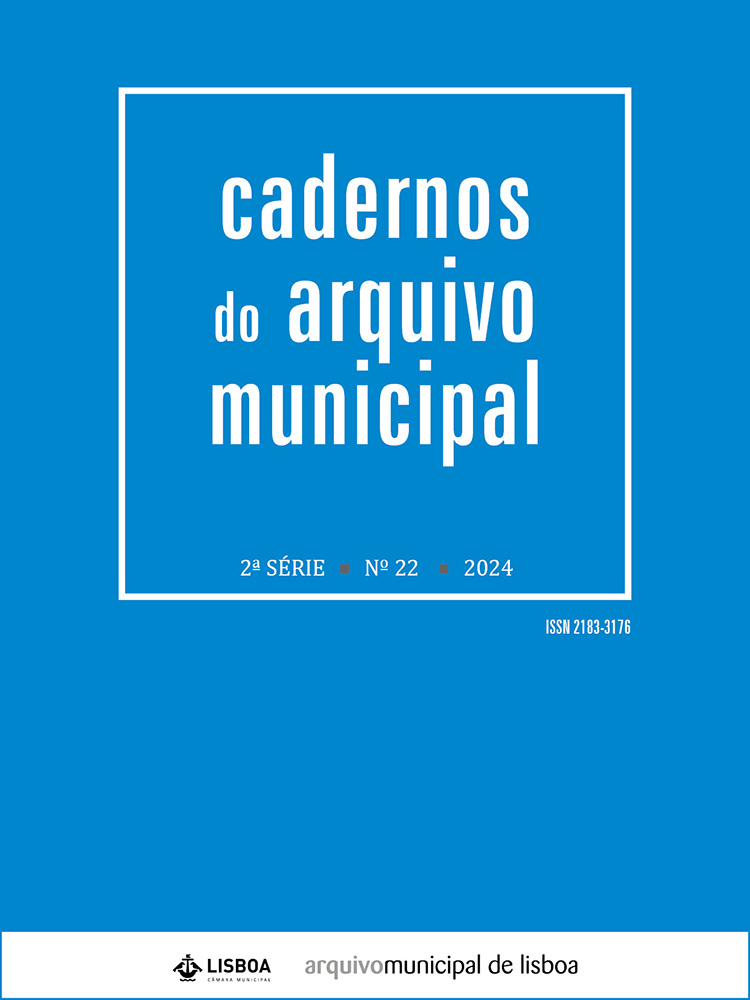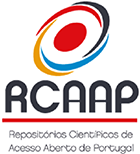The League of Nations and Drug Diplomacy: Japan and the 1931 Convention for Limiting the Manufacture
DOI:
https://doi.org/10.48751/CAM-2024-22369Keywords:
Japan, Drugs, Diplomacy, League of NationsAbstract
Drug trafficking became one of the main manifestations of transnational crime in the 20th century, and various attempts were made to regulate it. The aim of this paper is to present how Japan became directly responsible for the final shape taken by the 1931 Convention for Limiting the Manufacture and Regulating the Distribution of Narcotic Drugs, one of the most relevant international drug agreements of the first half of the 20th century. Subsequent agreements will demonstrate the concerns regarding the repression of the narcotics trade, which has become a central element in the affirmation of a transnational criminality. It analyses a set of printed sources produced within the framework of the League of Nations between 1928 and 1931, in particular the minutes of the meetings of the Advisory Committee on Traffic in Opium and Other Dangerous Drugs, the technical body within the League of Nations where the national representatives of various countries debated international agreements on the global trade and criminalisation of narcotics, the minutes of the Conference that debated the construction of the 1931 Convention and the draft agreements and conventions debated during the Conference.
Downloads
Downloads
Published
How to Cite
Issue
Section
License
Copyright (c) 2024 Nathalia Belem Fagundes

This work is licensed under a Creative Commons Attribution-NonCommercial 4.0 International License.
The authors retain copyright and grant the journal the right of first publication, with the work simultaneously licensed under the Creative Commons Attribution License CC BY-NC 4.0 which allows sharing and adapting the text as long as its authorship is correctly attribbuted with recognition of the initial publication in this journal.









